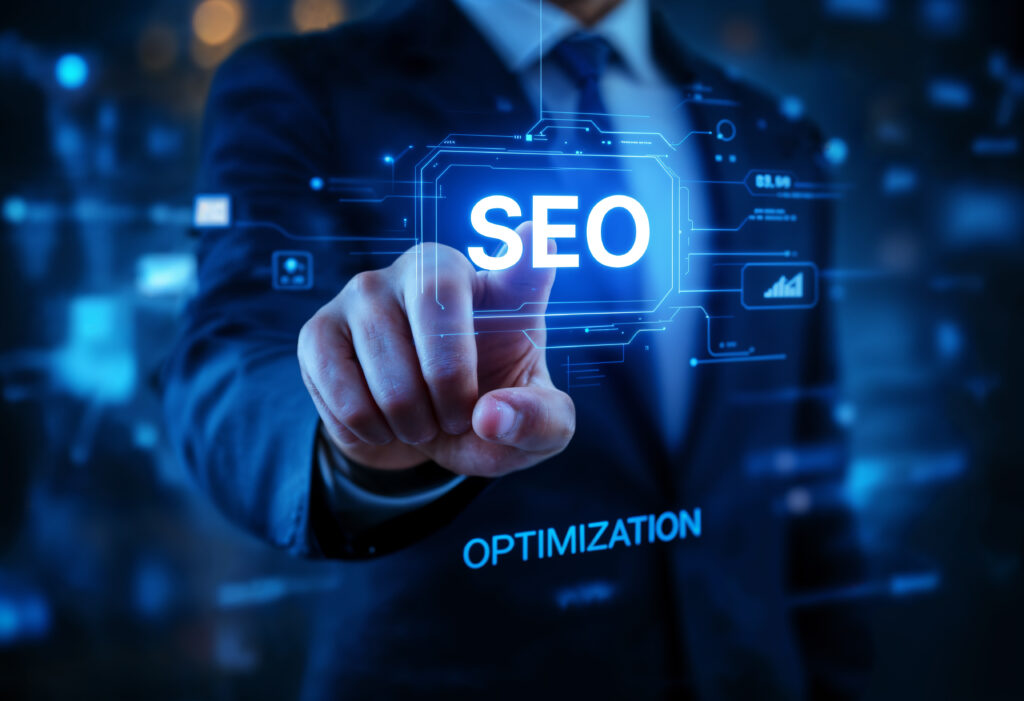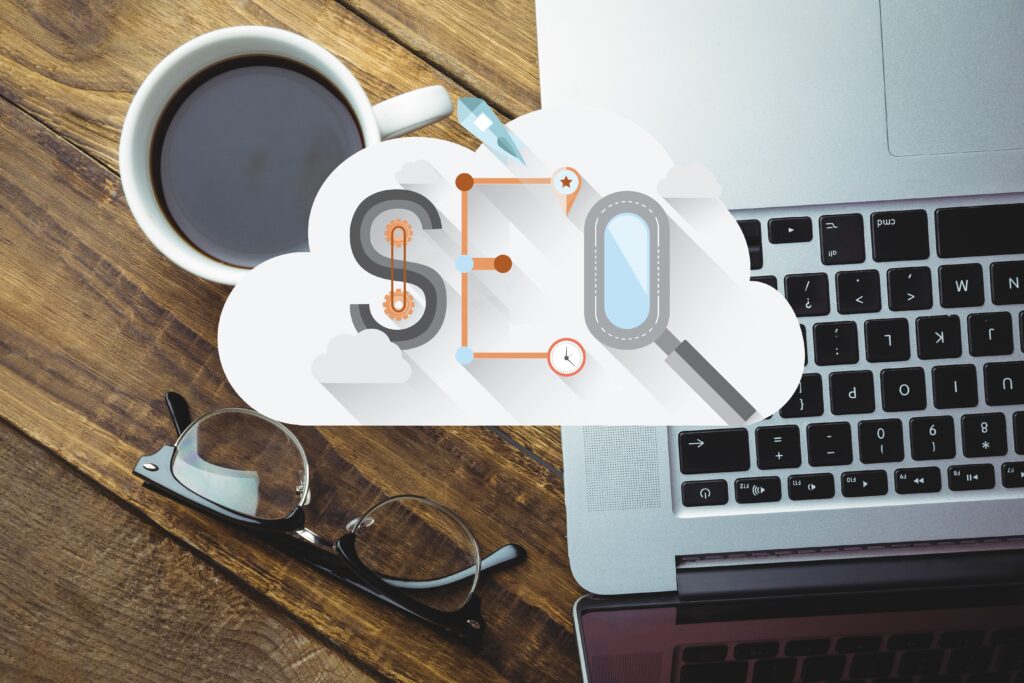AI and future of SEO are now deeply intertwined. As artificial intelligence evolves, it is reshaping how websites are ranked, content is created, and users interact with search engines. For businesses and marketers, understanding these AI and future of SEO trends isn’t just an advantage—it’s essential.
Table of Contents:
-
Introduction: Why AI and Future of SEO Matter
-
AI-Powered Content Creation & Optimization
-
Voice Search Optimization and Natural Language AI
-
Intelligent Keyword Research & Topic Clustering
-
Predictive SEO with AI-Driven Data Insights
-
Personalization & User Experience with AI
-
Technical SEO Automation Through AI Tools
-
AI and future of SEO Enhancements
-
Challenges & Ethical Concerns in AI SEO
-
Final Thoughts: Embracing the Future of AI and future of SEO
-
FAQs
-
References & Resources
1. Introduction: Why AI and Future of SEO Matter
The digital landscape is evolving rapidly, and AI and future of SEO are now deeply intertwined. As search engines become smarter and user behavior shifts, AI technologies are helping businesses:
-
Rank better on search engines
-
Serve more personalized content
-
Automate repetitive SEO tasks
Failing to adapt means getting left behind. The businesses that embrace AI will lead the next era of SEO dominance.

2. AI-Powered Content Creation & Optimization
Modern AI platforms like Jasper, ChatGPT, and Grammarly go beyond generating content—they assist in structuring, optimizing, and refining it for search engines. They can:
-
Generate outlines based on high-ranking competitors
-
Optimize content readability using NLP models
-
Suggest keyword variations and questions for inclusion
📌 Quick Tip: Use tools like SurferSEO to combine AI writing with on-page SEO scoring.

3. Voice Search Optimization and Natural Language AI
By 2025, 50%+ of all searches will be voice-based, driven by smart assistants like Alexa, Siri, and Google Assistant.
AI adapts content to natural speech patterns, which is critical for AI and future of SEO success in a voice-first era. Optimizing for this includes:
-
Long-tail and question-based keywords
-
Local intent phrases like “near me”
-
Featured snippet optimization for concise answers
📌 Pro Tip: Start every blog with a concise paragraph that directly answers a question—perfect for featured snippets.
4. Intelligent Keyword Research & Topic Clustering
AI doesn’t just identify high-volume keywords—it clusters them by intent and builds topical relevance. Tools like SEMrush, MarketMuse, and Clearscope use AI to:
-
Reveal keyword gaps in your current content
-
Recommend semantically related terms
-
Structure pillar content with internal linking strategies
This allows your site to rank for entire themes, not just individual terms.
5. Predictive SEO with AI-Driven Data Insights
Predictive SEO uses AI to forecast ranking trends and user demand spikes before they happen. This allows marketers to:
-
Publish timely content
-
Launch campaigns around seasonal interest
-
Optimize based on shifting SERP intent
AI platforms like BrightEdge and Frase continuously analyze SERPs and user engagement patterns to stay one step ahead.
🔗 Internal Link:
Learn our Predictive SEO Strategies at 51zeros.com
6. Personalization & User Experience with AI
Google’s RankBrain and BERT models evaluate how users interact with your content. AI helps tailor UX through:
-
Smart CTAs based on behavior
-
Personalized product recommendations
-
Real-time content adaptation
With better personalization, bounce rates go down, time-on-page goes up, and Google rewards you with higher rankings.
📌 Pro Tip: Use A/B testing AI tools like Optimizely to experiment with layouts and boost engagement.
7. Technical SEO Automation Through AI Tools
AI streamlines complex technical tasks such as:
-
Crawl budget optimization
-
Schema markup implementation
-
Detecting duplicate content
-
Fixing indexation errors
Tools like Sitebulb, Screaming Frog, and JetOctopus automate audits and prioritize fixes based on SEO impact scores.

AI and future of SEO Enhancements
AI helps hyper-local businesses thrive by:
-
Monitoring local keyword trends
-
Managing reviews and sentiment analysis
-
Optimizing GMB (Google My Business) listings automatically
-
Enhancing geo-targeted ad performance
For service businesses like restaurants, clinics, and home services, local SEO fueled by AI means higher foot traffic and conversions.
🔗 External Dofollow Link:
Google Business Profile Help Guide
Challenges & Ethical Concerns in AI SEO
With great power comes great responsibility. AI and future of SEO also introduces risks:
-
Content may lack originality or human tone
-
Over-automation can reduce quality
-
Search engine penalties for AI-generated spam content
-
Ethical concerns around data privacy and manipulation
Always combine AI insights with human creativity and editorial oversight for best results.
Final Thoughts: Embracing the Future of AI in SEO
AI is not the end of SEO—it’s the next chapter. Embracing it helps marketers work faster, smarter, and more effectively. But the true winners will be those who:
-
Combine AI tools with human insight
-
Stay updated with Google algorithm changes
-
Continue to produce value-driven, engaging content
Start small, experiment, and scale intelligently.
FAQs About AI and Future of SEO
Q1: Is AI-generated content good for SEO?
Yes, when properly optimized and edited. Google rewards helpful, original content regardless of how it’s created.
Q2: What are the best AI tools for SEO in 2025?
Top tools include Jasper, SurferSEO, Frase, SEMrush, Clearscope, and Screaming Frog.
Q3: How does AI help in voice search optimization?
AI helps structure content to mirror natural speech and target voice-friendly phrases, improving discoverability in voice search.
